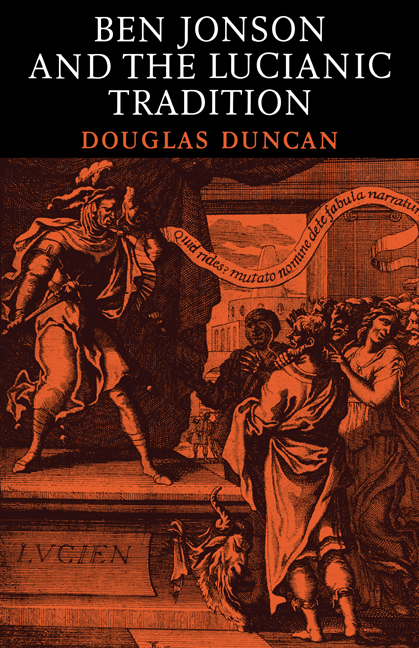The Will in English Renaissance Drama
Douglas Clark reveals how moments of willing and will-making pervade English Renaissance drama and play a crucial role in the depiction of selfhood, sin, sociality, and succession. This wide-ranging study synthesizes concepts from historical, legal, philosophical, and theological studies to examine the dramatic performance of the will as both an internal faculty and a legal document. Clark establishes the diverse connections that Shakespeare, Jonson, Middleton, and a range of overlooked playwrights of the early Elizabethan era made between different types and understandings of the will. By doing so, he reveals the little-understood ethical issues to which they gave rise in relation to the mind, emotions, and soul. Understanding the purpose of the will in its multiple forms was a central concern for writers of the time, and Clark shows how this concern profoundly shaped the depiction of life and death in both Elizabethan and Jacobean drama. This title is part of the Flip It Open programme and may also be available as open access. Check our website Cambridge Core for details.
- Unearths a crucial concept to tell a new story about English Renaissance drama, providing the first study to examine the expression of the will as an internal faculty and a legal document across the surviving dramatic canon
- Provides clear explanations of classical and early modern theories of action and moral transgression, offering fresh perspectives on key concepts like hamartia and prosopopoeia, while also introducing a suite of lesser-known Greek theatrical terms
- Takes an interdisciplinary approach, covering both canonical and lesser-known plays of the period and forming new connections between periods of drama (c.1550-1580 and 1590-1625) that are often separated in contemporary scholarly studies
Reviews & endorsements
‘A carefully researched, clearly-written, and wide-ranging account of the will as both a psychological faculty and as a testamentary device in a variety of early modern English plays.' Katharine Eisaman Maus, James Branch Cabell Professor of English, University of Virginia
‘Clark deftly explores the intertwined meanings of the will in early modern England, as a moral faculty and a legal document expressing that faculty. This expansive study offers vital insights not only into dramatic practice but also early modern notions of liberty, desire, social and familial hierarchy, and the regulation of the self.' Stephanie Elsky, Associate Professor of English, Rhodes College
Product details
August 2025Hardback
9781009390941
278 pages
229 × 152 mm
Not yet published - available from August 2025
Table of Contents
- Introduction: where there is a will
- 1. The personified will
- 2. Punishing the transgressive will
- 3. Testamentary drama
- 4. Last wills and remembrance
- Conclusion: no end?
- Bibliography
- Index.






